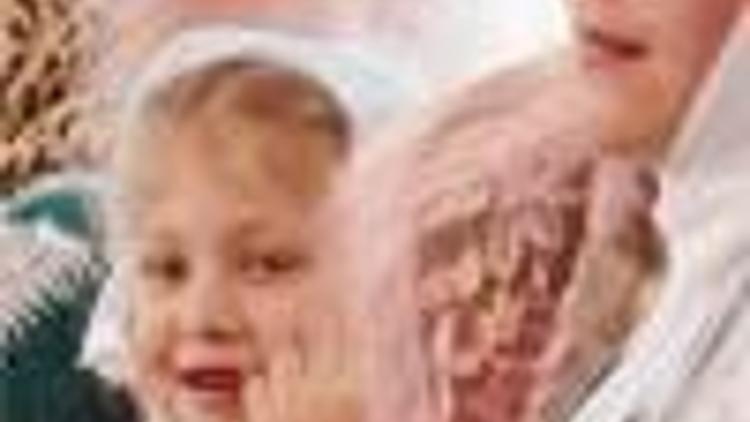Anadolu Kültür-uniting east and west with culture
Güncelleme Tarihi:

ISTANBUL - The purpose Anadolu Kültür, a non-profit organization, is to enable culture and arts to provide the medium by which eastern and western Turkey can meet. Anadolu Kültür Board Chairman Osman Kavala says sharing art and culture increases mutual understanding and sensitivity.
Has anybody ever counted the number of civilizations that have made up the mosaic of
They came with different languages, customs and cultures and formed a mosaic in which people lived side by side but rarely did they melt into one. And thanks to poor or no roads, few or no communications and a migration that has mostly been from east to west, the east suffered a kind of "brain drain" that brought the most able and the most ambitious into the three major cities of the West in modern times. The troubles in the eastern part of
Seven years ago, a group of people got together and founded a group called Anadolu Kültür (Anatolian Culture). They point to Rudyard Kipling’s famous line about east never meeting west and how different the two parts of
Istanbulites are less familiar with this NGO than they should be and that may be because it started in
The Diyarbakır Arts Center (DAC) quickly evolved. It became a stage on which artists could work together in multicultural and multidisciplinary projects. These artists could come from anywhere in the world and ignore their differences of politics, language and culture. Figures tell it all: in four years, DAC has hosted 64 exhibits, nine concerts, 30 theater productions, 195 lectures, 41 workshops, 14 slide exhibits, 194 film screenings and 39 reading sessions by poets and writers that were attended by over 102,000 people. The 131 movies screened at the DAC European Cinema were attended by 46,084 viewers. DAC has been hailed as one of the "Top Cultural Centers of
From
When Anadolu Kültür turned its attention to
The work didn’t stop there because in a less than two-year period, KAC had hosted 25 exhibitions, 22 concerts, 13 theater productions and 12 workshops with an attendance of more than 22,500 people. Anadolu Kültürhas extended its reach to more than the two cities of
Prisons have even been invaded with art and now meetings are being held to bring together people who would be interested in developing sustainable cultural policies.
Anadolu Kültür’s center is its
The organization is celebrating the beginning of its seventh year and has commemorated its work with a book entitled, "A Different Initiative in Culture and Arts: Anadolu Kültür." The many people who have been involved in the NGO’s work have contributed to the book that has been edited by Perran Ersu Özçaldıran. The English edition will be published later.
In the foreword to the book, Anadolu Kültür Board Chairman Osman Kavala emphasizes the belief that by sharing art and culture it will be possible to increase mutual understanding and sensitivity and overcome regional differences and prejudices. He added that they believed that by invigorating cultural life, it will open the way for the town to develop in a form that harmonized with the concept of modern citizenship. That’s a tall order for a single organization to undertake so we shall have to wait and see if their work contributes the goals they want to meet.
DEPO to open as cultural debate center in
DEPO is a cultural and critical debate center in
The goal is to provide a venue for artistic collaboration and cultural exchange and to encourage reflection on social and political issues relevant to the region.
Until the 1990s, Istanbulites had an attitude of tearing down the old and puttin up the new; however, it then began changing as people began to realize the importance of preserving their heritage and renovating an old building was often less expensive than building something new. DEPO was, just as its name implies, a depot or tobacco warehouse at Tophane. In 2005 the Istanbul Biennal brought it to life and it began to be used as an exhibition space.
The most recent exhibition was at the beginning of November of this year when an exhibit concerning the blacks of
DEPO is an initiative on the part of Anadolu Kültürand the latter has financed the renovation of the building and supplied funds for running costs and for preparation of the project until its opening in January. An advisory board consists of seven international arts professionals. It expects to officially become an independent non-profit NGO in 2009.

